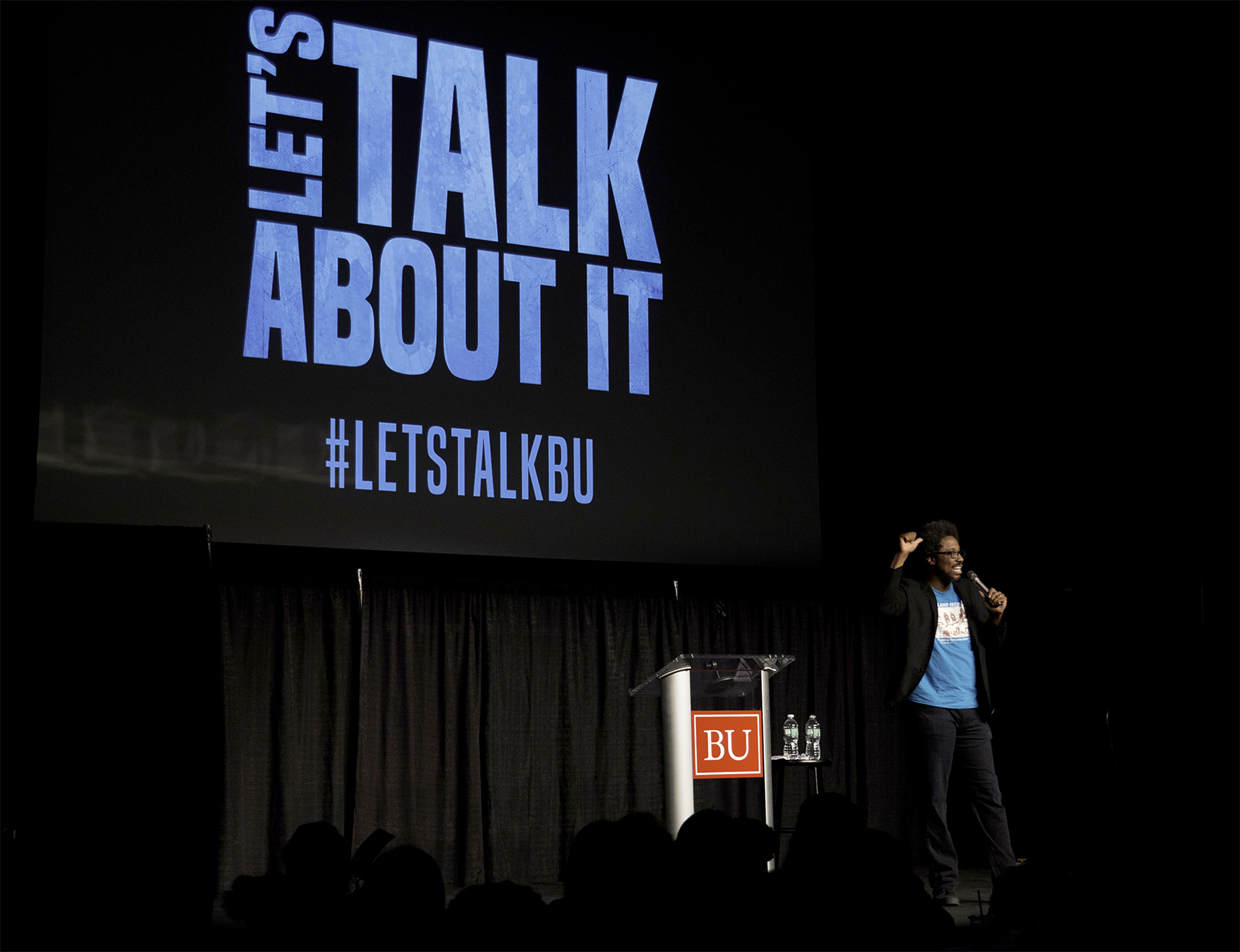An Insidious Way to Underrepresent MinoritiesPosted in Articles, Census/Demographics, Latino Studies, Media Archive, Politics/Public Policy, United States on 2015-11-06 02:10Z by Steven |
An Insidious Way to Underrepresent Minorities
The American Prospect
2015-11-05
Gary D. Bass, Executive Director
Bauman Foundation, Washington, D.C.
Adrien Schless-Meier, Program Associate
Bauman Foundation, Washington, D.C.
Cuts in U.S. Census funding threaten to produce an undercount of minorities and the poor and to reduce their share of federal aid.
African Americans, Hispanics, and other minority populations are in danger of losing representation in Congress as well as their share of more than $400 billion a year in federal funds for health care, education, job training, and community development. That possibility should get anyone’s attention, yet few have noticed that it will be the likely result if Congress cuts the budget for the U.S. Census Bureau to the extent it now threatens to do.
The Constitution requires a decennial census to determine congressional apportionment, and federal law relies on the numbers to allocate funds among states and localities. Historically, the census has missed large numbers of people in poverty and racial and ethnic minorities. By the 2000 and 2010 censuses, however, the national undercount had dropped to less than 2 percent, due primarily to the Census Bureau’s dogged determination to walk America’s streets and knock on the doors of the roughly 100 million U.S. residents who didn’t mail back their forms. Racial and ethnic minorities were still more likely to be missed than whites. But the Census Bureau could not have reduced the disparity in counting minorities without budgetary support.
Now, Congress is insisting that the Census Bureau spend less preparing for and conducting the 2020 census than it did on the 2010 census, even though the U.S. population is expected to have grown by more than 25 million people by 2020. The bureau has chosen not to fight this directive, which census experts call delusional. Instead, the bureau has embarked on a high-risk strategy to save $5 billion by rolling back door-to-door canvassing and conducting a largely electronic, Internet-based census…
…Adding to this uncertainty, and on top of the technology overhaul, the Census Bureau is exploring significant changes in the way it asks about race and ethnicity, which also need prior testing. The right changes could improve the quality of race and ethnicity data, but at least one approach under consideration—relying on write-in responses instead of check boxes—would do the opposite, according to civil-rights advocates…
…Resolving Confusion about Race and Ethnicity
The census might be the best source of data on race and ethnicity, but it is by no means perfect, and respondents often are confused about how to identify themselves. As currently designed, the survey first asks whether the respondent is of Hispanic, Latino, or Spanish origin, and then offers a series of check boxes for Mexican, Puerto Rican, Cuban, or other Hispanic origin, with a write-in box. The next question asks for the respondent’s race, with check boxes for white, black, American Indian or Alaska Native, seven Asian nationalities, four Pacific Islander groups, or “some other race,” followed by a write-in box.
About 20 million people in 2010 checked the “some other race” box—making it the third most selected race category behind white and black—and the vast majority of those were Hispanic. Vargas, who serves on the Census Bureau’s advisory committee examining the race and ethnicity question, summed up the challenge: “Once you’ve asked, are you Hispanic, yes or no, and they answer yes, I’m Mexican American, they go to the next question and are asked, so what’s your race. And people are like, wait a minute, you just asked me that. I just told you I’m Mexican. And the bureau would say, no, being Hispanic is an ethnicity. It’s not a racial category. But they don’t see themselves in the white, black, Asian, [or] Native American categories.”…
Read the entire article here.




